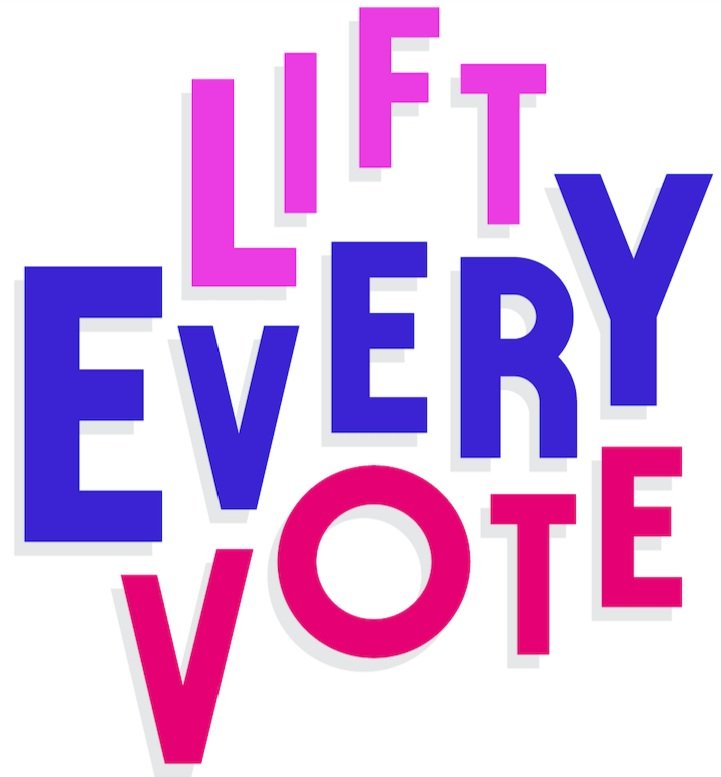Voters with Felony Convictions
The right to vote is a fundamental human right,
not to be confused with punishment for crime.
Both the Geneva Convention and the UN Declaration of Human Rights define the ability to help choose your government as a fundamental human right. That’s why most democracies allow incarcerated people to vote, either within prison, or by absentee ballot.
Americans want rehabilitation to take priority over punishment. 56% of Americans support laws guaranteeing eligibility for citizens 18 and older, including those completing their sentences, both inside and out of prison.
Thomas Jefferson, in the prologue to the Declaration of Independence, wrote that governments derive their just powers from the consent of the governed. Isn’t every American governed? Shouldn’t we ALL, every citizen who is of age, be able to vote?
At Lift Every Vote, we think people are more than their worst act. Evil crimes deserve punishment, but we don’t think voting is a privilege granted for good behavior, or stripped for bad behavior. Like the freedom of speech and thought and religion, the ability to express one’s preferences on a ballot is a fundamental inalienable right. It’s time we made laws that acknowledge this.
If you can’t vote, you don’t live in a just democracy.
According to the Sentencing Project, 8-in-10 voters (86%) believe that our criminal legal system should focus on rehabilitating people to become productive, law-abiding citizens. 88% believe our criminal legal system should focus on making sure people are less likely to commit another crime.”
Two states, Maine and Vermont, allow people in prison to vote. They haven’t fallen off into the ocean.
Alabama, Arizona, Connecticut, Iowa, Mississippi, Tennessee, Virginia, and Wyoming permanently prevent people convicted of serious or multiple felonies from voting. For life.
In all, more than 5.8 million convicted Americans — some with misdemeanor convictions — can’t vote.
According to Axios, Black Americans, who make up about 12% of the U.S. population, account for about 40% of the felons who can't vote.
Tennessee recently passed a new rule requiring that people with convictions can’t just serve their time—each person now has to be pardoned individually, before they are allowed to vote.
In Virginia, many felons need the governor's approval to have their voting rights restored.
Rep. Jasmine Crockett of TX asks: "How are formerly incarcerated persons functioning and productive members of our society if they cannot participate in the most fundamental feature of a true democracy? The answer is, they can't."
The nonpartisan Florida Rights Restoration Coalition is asking a federal court in Miami to require the state to establish a central statewide database so that felons can figure out if they're eligible to vote.
Iowa Gov. Kim Reynolds, a Republican, signed a bill to restore voting rights for most Iowa citizens with felony convictions."When someone serves their sentence,” she said, “they should have their right to vote restored automatically."

